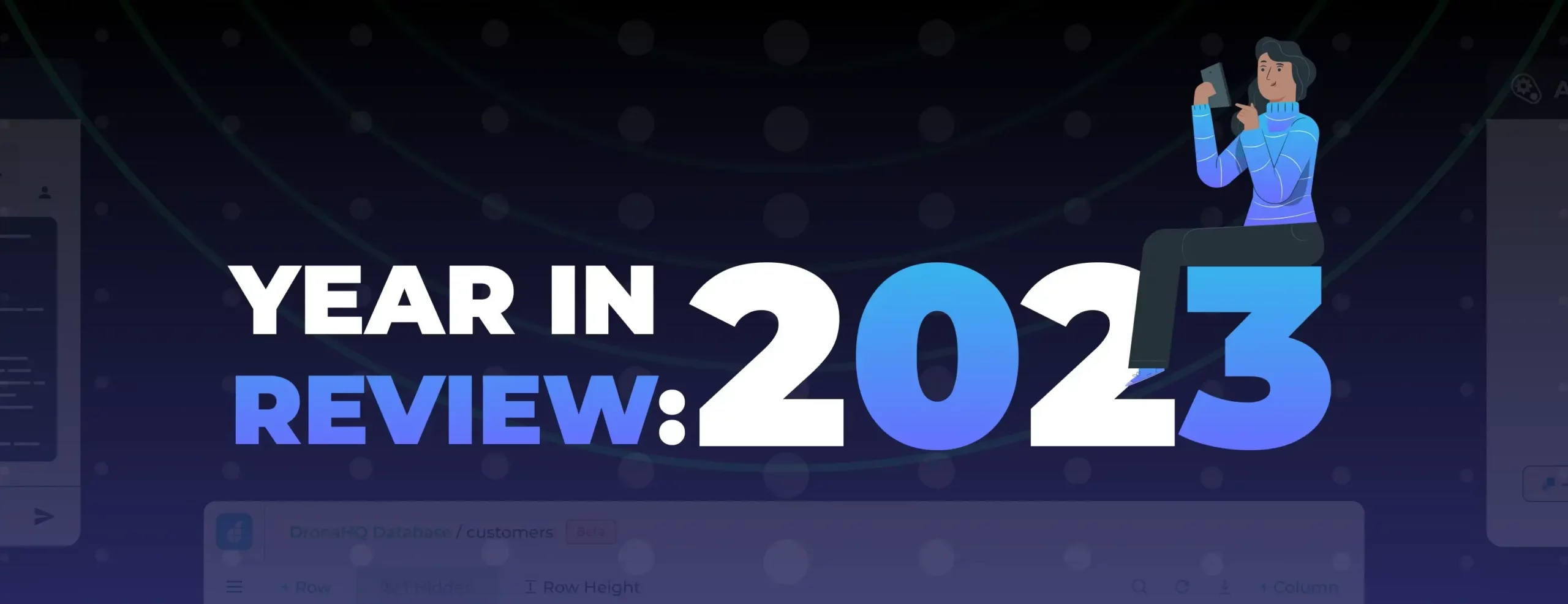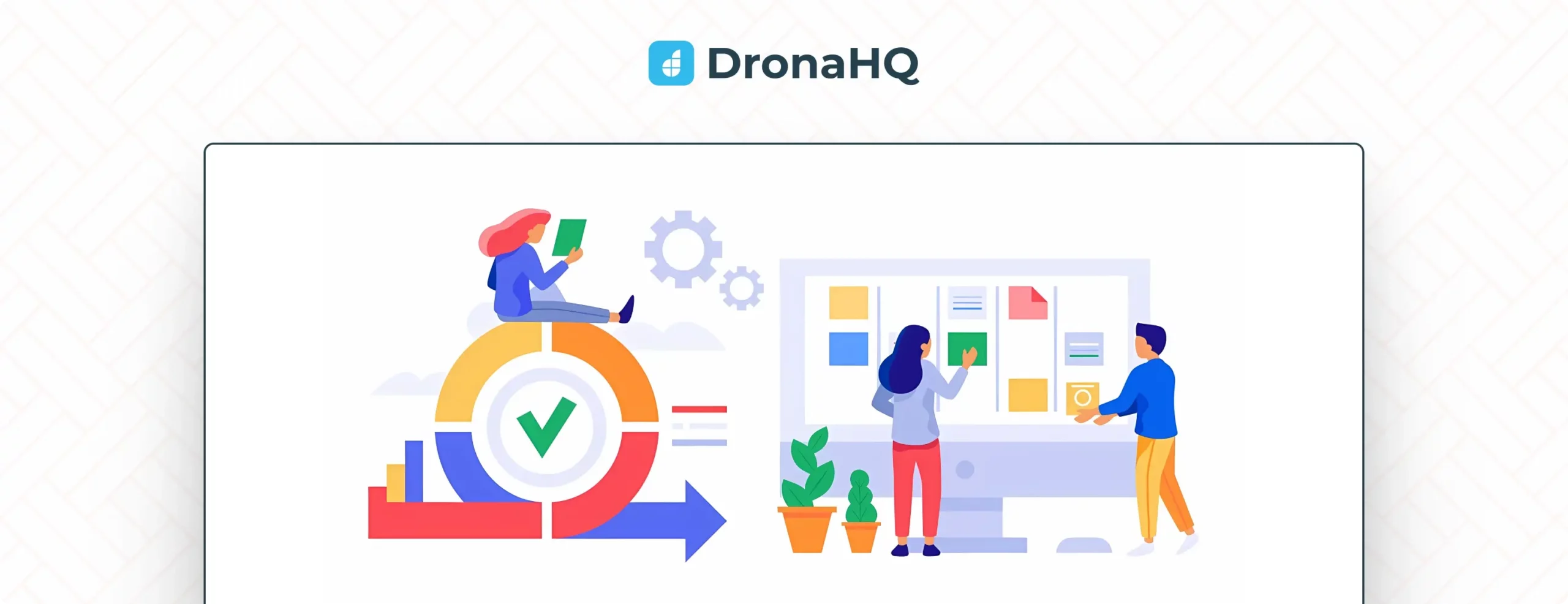
Digital transformation secrets for Indian manufacturers
Rapid App Development Platform for modernizing legacy apps & custom-built web apps into modern Apps can help manufacturers achieve digital transformation with ease.
IT automation in India’s manufacturing sector began nearly two decades ago with companies investing in tools such as ERP, SCM, CRM, sales automation, and distribution management. Some companies implemented shrink-wrapped packages and others relied on home-grown, custom-built applications. Automation brought in improvements in efficiency and productivity. However, with the passage of time, manufacturers are looking at ways to modernise those same enterprise applications, making them ready to address their present-day requirements.
Legacy application modernisation becomes a big challenge in the context of enterprise mobility. Organisations have to ensure that their legacy solutions are suitable for present day business needs and also available in the form of mobile apps offering great user experience.
Solving the modernisation puzzle
The early legacy modernisation efforts by Indian manufacturers included disruptive, time-consuming and expensive methods such as migrating the programming languages, databases and OS, and carrying out reprogramming for new (branded) systems. In the recent past, with rising popularity of APIs, manufacturers have been employing a less disruptive method of API enablement which improves backend and cloud integrations while making new code-writing redundant.
However, even API enablement involves developmental hassles and time-to-market. Besides the common application integration issues, API enablement mandates developers to discover and implement rules, incorporate business-logic and validations (identity and access) to determine what information is displayed to which user. Developers also have to ensure visibility for API inventory, security, API ownership, budgets, compliance, and monetisation.
App refactoring: An apt solution for manufacturers
Given this backdrop, a new technology approach of app refactoring has emerged as an ideal solution for manufacturers fighting their legacy battles in the era of enterprise mobility. App refactoring neither involves rewriting code nor discovery and re-incorporation of business rules that earlier approaches necessitated.
This advanced method involves connecting to business applications directly through the browser, and generating virtual APIs, transforming the user experience while inheriting all security and business logic. Thus, with sizable time and cost savings that app refactoring yields, manufacturers can introduce new mobile apps at a faster pace. As the development time drops, manufacturers can speed up operations and boost productivity faster, exponentially.
Rapid development; faster rollouts
With app refactoring, manufacturers can easily extend the functionality of the pre-existing modules/features of their backend applications to Modern App which is accessible on mobile, tablets, desktops, browser. These modern apps use the native device features besides leveraging the advantages of the web. Single Container App can host multiple such micro apps.
For example, a construction firm, with the use of IoT data or equipment-based alerts can keep a real-time check on supply inventory via apps given to relevant staff members. Senior managers can monitor the raw material required for mixers or batching plants or the fuel levels in power generators operating at different sites. The same app can allow site supervisors or project managers to click site photos that can get added to the backend database automatically. This captured data can be interpreted by another micro app for analytics to provide analytical insights to the CPO’s team to streamline supply-forecasts and ordering.
Inclusive education: How to boost RoI on training
Many manufacturers spend crores of rupees on education and training year after year. While these are essential expenses, ensuring returns on these investments may become a cause of concern for CFOs. Modern Apps along with app refactoring and containerization can improve RoI in such cases drastically.
Take an example of a cement factory which has a reservoir of safety videos meant for its employees at factories and offices. Showing these videos in the company’s auditorium at headquarters or at canteen facilities at branches may impose time and place limitations on the number of videos that can be shown as well as the number of people who can watch these.
Creating a small app and pushing all video content to every user’s smartphone can expand the possibility of all the staff members viewing them. With such an approach, the entire reservoir of safety videos can be pushed over an app. The organisation can add new content directly via mobile CMS to the App without her/him having to locate it manually. Manufacturers can run contests and quizzes via another micro app on the same enterprise app.
A red flag
While modern apps, app refactoring and containerised solution-approach can work wonders for manufacturers looking to bring about a digital transformation, there is a small precaution that may not be ignored. The advanced approaches to modernisation rely heavily on Web APIs. Web-enablement may potentially expose the organisation to internet-led threats. Moreover, some manufacturers may have resources on intranet portals that are inaccessible via Web. A prior due diligence and incorporation of technologies such as API gateway, secure app proxy and modern authentication methods such as OAuth 2.0, can help manufacturers with Web-enablement of resources besides mobile app-creation in a secure fashion.
Originally posted at https://edition.pagesuite-professional.co.uk/html5/reader/production/default.aspx?pubname=&pubid=76ceeef4-128d-4fcb-97ab-3d7bfcb6fc08




